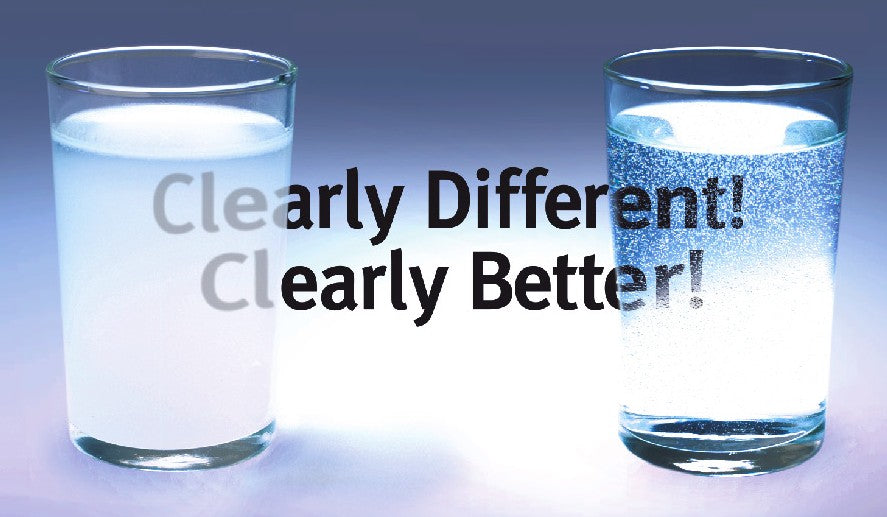Dysphagia Digest
Understanding Dysphagia
If you or a loved one has been diagnosed with a swallowing disorder, this video is helpful in understanding dysphagia and providing suggestions for how to manage it. It is sponsored by Nestle Nutrition and describes the following: what is dysphagia, signs and symptoms, physical and psychological affects on the patient (and to some extent one’s family/friends), the anatomy of swallowing, and finally nutrition and hydration management. Watch this video Duration: 7 minutes
Xanthan Gum: Why is it better than starch?
Modified corn-starch thickeners are often used to thicken beverages for patients with dysphagia and aspiration. Research shows that these thickeners are not ideal for these patients as corn-starch is broken down with amylase in the saliva. This causes the thickened liquid to be much thinner as it interacts with saliva, and can result in choking and aspiration. Xanthan gum-based thickeners do not interact with saliva and have many other important benefits that help improve the quality of life for people with dysphagia. These advantages have been confirmed in studies by the Veteran's Administration under the direction of Russell Mills, Ph.D....
Having Difficulty Swallowing? Learn About Dysphagia
Beverage thickener Choking Dysphagia Swallowing Problems Thicken Food Xanthan Gum
WHAT IS DYSPHAGIA? Dysphagia is a medical term for the difficulty or inability to swallow safely and efficiently. The swallowing process is made up of 4 phases — the first phase starts with your lips and the last phase ends when food enters your stomach. Swallowing dysfunction along any point from your mouth to your throat (phases 1 to 3) can result in food and liquids entering the “wrong tube” and into your airway. This is known as oropharyngeal dysphagia (or simply dysphagia). WHAT CAUSES DYSPHAGIA? Conditions that may cause dysphagia include: Stroke Progressive neurologic diseases, such as Parkinson’s, Multiple...


